

We offer to implement the AI component for your game in close coordination with the design and development of the other game mechanics.
Thanks to our transferable AI development interface, we are able to make you a cost-efficient offer.
Through our years of research in the field of interlocking AI technology and game development, we can bring completely new aspects of gameplay to your game.
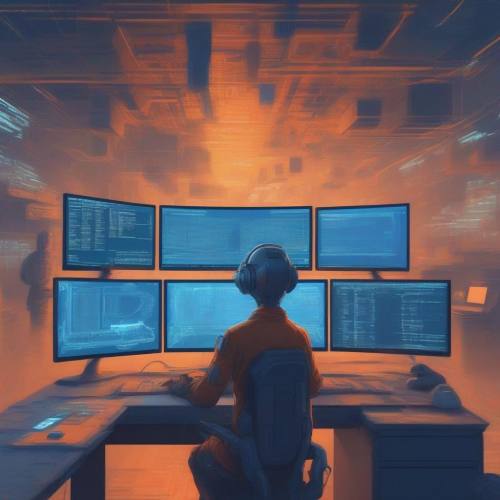
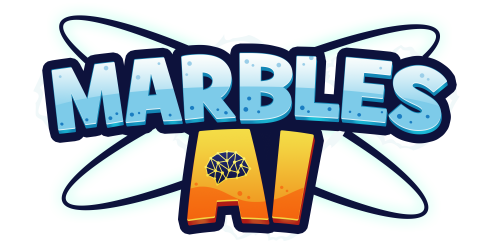
For an illustrative demonstration of a use case for our AI, please have a look at our reference game Marbles AI.
Also don't miss the demos and explanatory videos on our Youtube channel.
We have made significant progress since the release of these prototype demos. More demos will follow soon!
We would also be happy to give you a live demonstration of the product.
Innovative • Customized • Cost-effective
Our services are primarily aimed at games studios and scientific and educational institutions.
For a non-binding inquiry, please contact us at dev@q-gaming.com
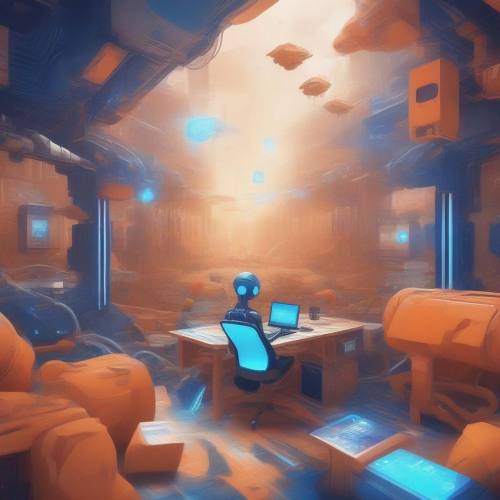

brAIn engine is our Unity-based API for the development of innovative game AI.
We offer the integration of AI for computer games. By using our brAIn engine, we can implement orders quickly and easily and provide you with end-to-end support in the development of your games.
Your advantages at a glance:

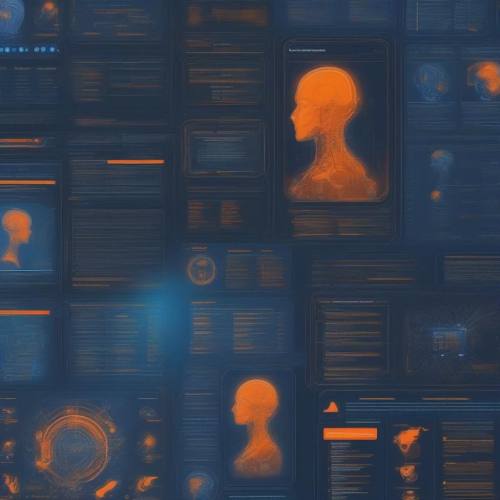
Our pioneering position is based on the uniqueness of our commercial AI development interface for games. Compared to the few existing solutions with similar objectives, such as the Unity package "ML-Agents", our AI stands out for its maximum efficiency. In contrast to competitors, our AI is designed to move the training phase of the AI into the runtime of the game and to be functional in every training state. This means that the learning success of the AI can be observed by the player and thus be declared a game component. For this reason, our AI approach is also ideally suited for the implementation of gamified learning, for example for the implementation of educational games. Our AI interface also offers comparatively better integration into the development environment and the typical game development workflow and offers more extensive configuration options for different scenarios (e.g. for non-deterministic environments, real-time or turn-based scenarios, scenarios with multiple reward goals, dynamic behavioral tendencies, variable number of perceived objects, ...). In summary, our engine is better adapted to game development in different contexts and does not need to be trained in advance, which not only speeds up the development process, but also shortens the overall training time, saves resources and creates new game incentives in the process.
However, the very popular studies and demos on AI in games, such as those by DeepMind or OpenAI, which can certainly impress with their superhuman performance, have not yet been used in real-life applications in commercial computer games and are not directly comparable due to a different objective. Not only do the end devices often lack the necessary performance to calculate the AI. In particular, the learning algorithms used require exorbitantly long training times of several thousand years of playing time, so that these algorithms will probably not be able to reproduce our core competence of learning in real time in the foreseeable future. In any case, it is questionable what incentive there would be to integrate superhuman AI into regular games.
We believe that this combination of adaptability, efficiency and broad applicability makes our AI solution an international innovation.
The release of software that uses our AI solution requires a license. The license fees depend on the total development costs and the objective of the software.
If we are heavily involved in the development of your product, if there is a suitable cooperation strategy or if your project has no commercial objectives, we will not charge a license fee.
Click here for an overview of available licensing formats to find the right license for you!
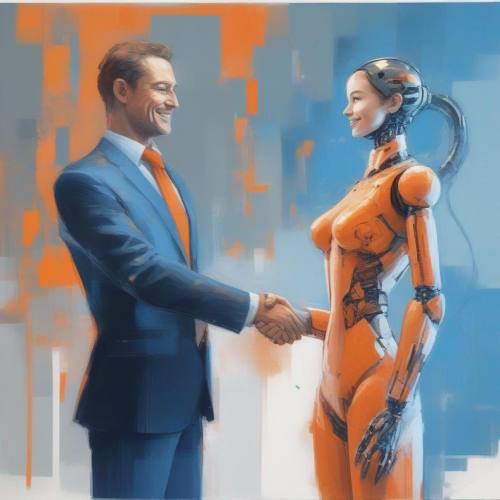
Framework Capabilities
Applied Technologies and Algorithms
Components
Compatibility
System Requirements
The system requirements are essentially defined by the respective game and the Unity runtime libraries. The additional requirements due to the use of our engine depend on the respective application.
Basically, however, it can run independently on a system with 32 MB RAM and 1 GHz CPU.